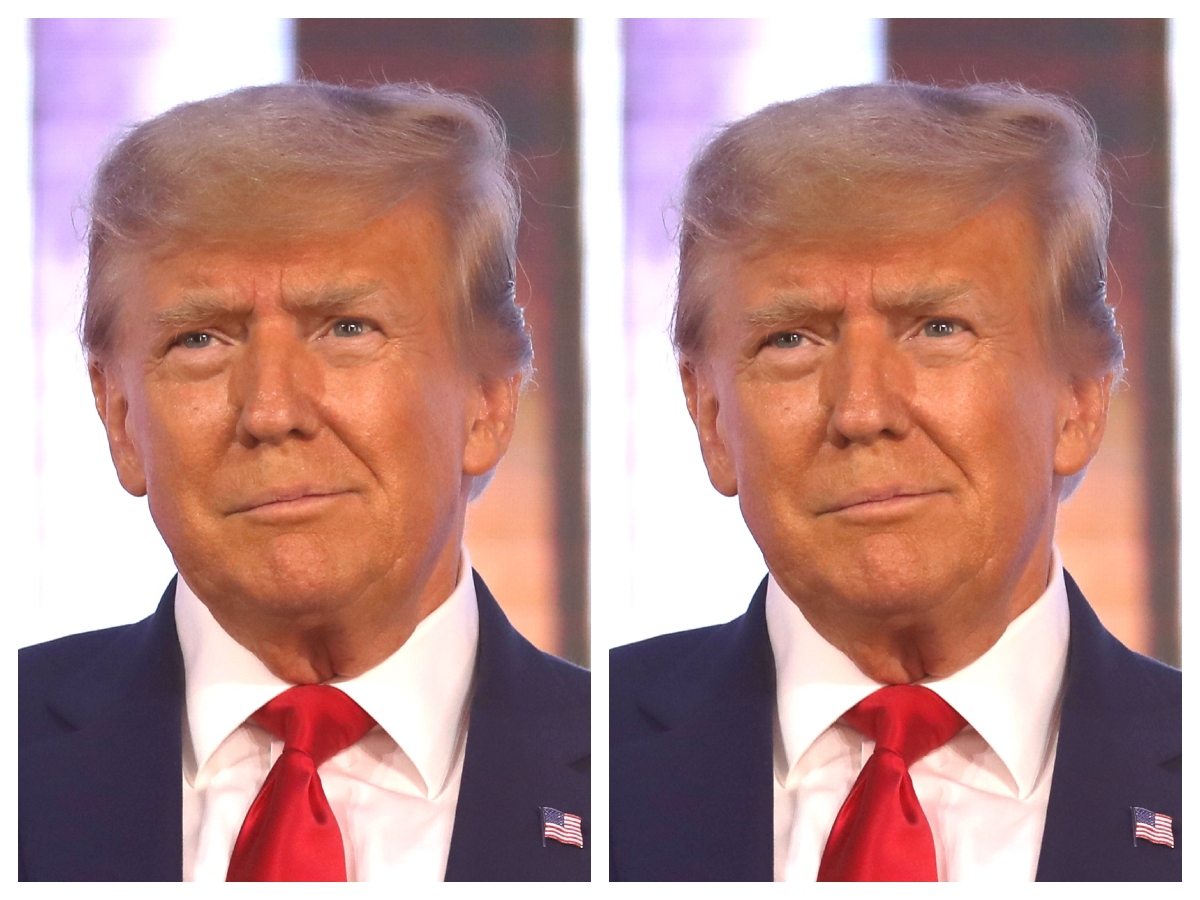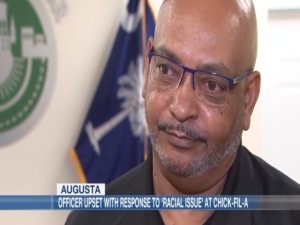An appeals court on Monday temporarily lifted a lower court’s restriction that prevented President Donald Trump from taking command of 200 Oregon National Guard troops. However, despite the partial victory, Trump remains barred from deploying those forces for now.
Earlier this month, U.S. District Judge Karin Immergut, who was appointed by Trump, issued two temporary restraining orders. The first prohibited him from calling up Oregon National Guard troops for deployment to Portland, while the second blocked him from sending any National Guard members to Oregon after the administration attempted to sidestep the initial order by using troops from California instead.
The Justice Department appealed the first order, and in a 2–1 decision, a panel of the 9th U.S. Circuit Court of Appeals sided with the administration. The majority concluded that the president was likely to prevail on his claim that he could federalize the troops if he determined he was unable to enforce federal law without them.
READ ALSO: Trump’s Oregon National Guard deployment blocked temporarily by federal court ruling
Nevertheless, Immergut’s second restraining order remains intact, preventing any immediate deployment of troops.
The administration argued that both restraining orders were based on the same legal reasoning and that the second should also be dissolved. The appellate panel agreed that the two orders “rise or fall together.”
Following the ruling, the Justice Department quickly petitioned Immergut to dissolve her remaining order, arguing that courts should not interfere with a president’s authority to determine when military intervention is necessary.
“The Ninth Circuit’s decision staying the first TRO is a significant change in law that plainly warrants dissolution of this Court’s second TRO,” government lawyers wrote.
Oregon Attorney General Dan Rayfield, a Democrat, said his office would seek a rehearing by a larger panel of the appeals court.
“Today’s ruling, if allowed to stand, would give the president unilateral power to put Oregon soldiers on our streets with almost no justification,” Rayfield said. “We are on a dangerous path in America.”
READ ALSO: After Portland win, Illinois fights Trump’s move to send National Guard troops to Chicago
The Justice Department declined to comment on the decision, according to AP’s report.
Trump’s ongoing attempts to deploy National Guard troops in Democratic-led cities have faced multiple legal obstacles. A California court previously ruled that his use of thousands of National Guard troops in Los Angeles violated the Posse Comitatus Act, which restricts the use of the military in domestic law enforcement. The administration has since asked the U.S. Supreme Court to permit troop deployment in the Chicago area.
In Portland, protests, mostly small nightly gatherings near the U.S. Immigration and Customs Enforcement building, have persisted since June. While generally limited in scope, the demonstrations have occasionally drawn larger groups, prompting federal agents to disperse crowds with tear gas.
The administration insists that troops are necessary to safeguard federal property and argues that diverting Homeland Security personnel to Portland has weakened immigration enforcement elsewhere.
Judge Immergut previously rejected those arguments, writing that Trump’s claims about Portland being “war-torn” were “simply untethered to the facts.” However, the appeals court majority, Judges Ryan Nelson and Bridget Bade, both Trump appointees, ruled that the president’s decision deserved greater deference.
Bade wrote that the evidence “appears to support” Trump’s determination “even if the President may exaggerate the extent of the problem on social media.”
READ ALSO: Trump threatens troops for Portland protests, but mayor insists city can handle it
Judge Susan Graber, appointed by former President Bill Clinton, dissented. She warned that the majority’s order could pave the way for “the illegal deployment of troops under false pretenses.”
“In the two weeks leading up to the President’s September 27 social media post, there had not been a single incident of protesters’ disrupting the execution of the laws,” Graber wrote. “It is hard to understand how a tiny protest causing no disruptions could possibly satisfy the standard that the President is unable to execute the laws.”










